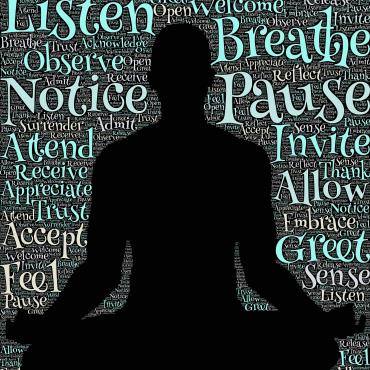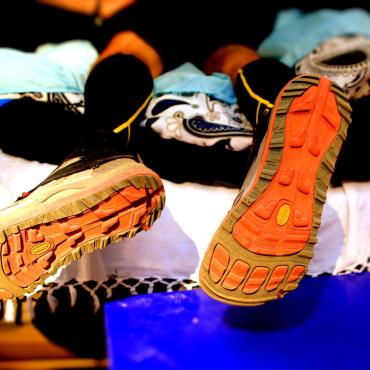Listen to Your Body
Trail Running
The body is really good at telling us what it needs.
All the time.
We are just not very good at listening.
We think we know what’s best. And we may get away with not listening for a while. But our body has a funny way of getting just what it needs eventually. So listen to your body, especially when preparing for and recovering after a run. Giving your body what it needs before, during and after a run will prepare it to recover well.
Rest and sleep
Rest is four letter word we often feel an aversion towards. But it should not be ignored.
Rest allows your body time to recover, rebuild and get stronger. Trail running can be harder on the body than it may feel, so time to rest and recover is important.
There are some whizz bang watches on the market that will estimate your recovery time after they have tracked your run. I turned this feature off because it scared me sometimes just how much rest I needed, but you shouldn’t.
REST is GOOD.
And so incorporating rest days after a run and as part of your regular exercise plan is essential and something I always endeavour to do. The pay back for a rest day will become very apparent during your next run, it’ll probably be one of the most dialed in runs you will have.
Sleeping during a run isn’t recommended. Unless you are participating in an endurance or multi day event and then I would encourage you to sleep as much as time allows.
Sleep aids tissue repair, releases human growth hormone and boosts concentration and mental alertness. Ensuring a regular sleep pattern is not only essential for runners and the physically active, it is important for every ‘body’.
But do listen to your body during a run. If your body is feeling exhausted should you rest or push through the fatigue? The answer to this question depends on a lot of things; where you are, what you are doing, whether you are running for fun or were the outcome really matters. There are many things to consider, but always consider the impact on your body. If you get injured you ain’t going to be able to run next week and that might just kill ya!
100% done?
Have you ever reached that point when you felt you could not possibly go any further. Not run one more step. Exhausted. 100% done. But then you dig deep and manage to find that extra burst of energy to push past it and keep on going?
Exhaustion is not an inability to continue, it’s giving in.
Controversial?
Possibly, but if fatigue was purely physical you would never find that second wind to be able to push on. It’s the way your brain protects your body, stops you, makes you feel that you cannot carry on in order to prevent harm, avoid collapse. When you think you have nothing left to give, you actually have a small reserve of energy hidden away and you just need to trick your brain into using it. Mind over matter.
I have personal experience of this. During runs, my attempt at DU135 and in the gym. Summoning some superhuman effort to keep on going, sprint to the finish line, complete that extra rep. I’d be confident in saying it’s happened to 99.9% of those reading this post. Think about that when you are out on your next run ... are you really at 100% or is it somewhere south of that?
Hydration and Nutrition
Nutritional advice always promotes controversy, so here goes.
Giving your body what it needs before, during and after a run will prepare it to recover well. Eating fresh food full of nutrients, vitamins and minerals that our bodies need to function will help us prepare, train and recover.
We all know the foods we should be eating most of the time, and those we should have just some of the time. And we make the decision as to what we choose to eat.
The type and amount of nutrition and hydration you will need during and after a run is a personal preference and depends on the distance and duration. There are many ways to keep your energy levels up on the run; real food, bars, gels and chews, and powders you add to water.
Eat as soon as you can after a run to replace lost nutrients and rebalance your reserves. Preferably real food incorporating protein and carbs to restore glycogen reserves and aid muscle regeneration. And drink to rehydrate and restore electrolytes and remove waste products and toxins.
Check out Hydration and Nutrition for more information and what I use to keep me going on the trails.





